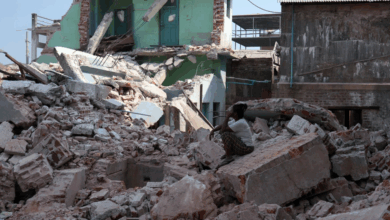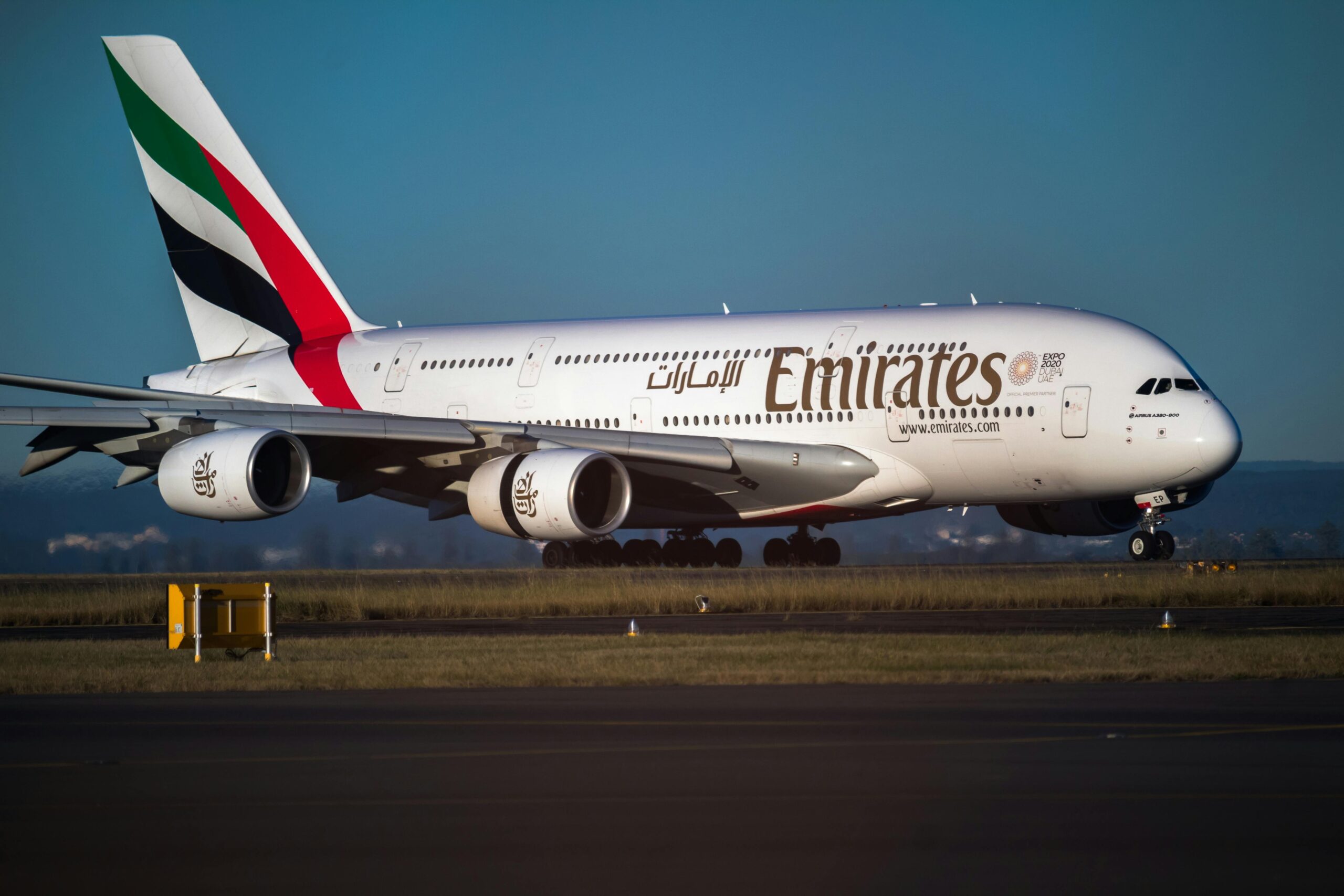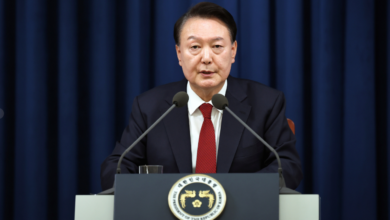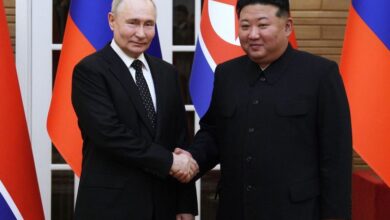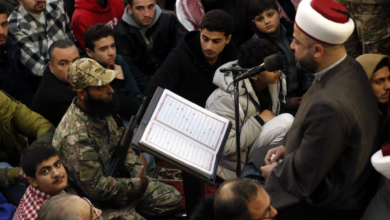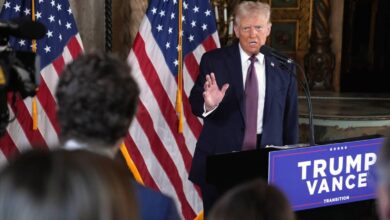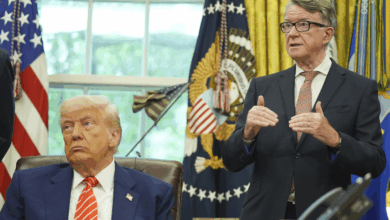Countries Condemn Trump’s Travel Ban and Promise Strong Response
Several countries condemned President Trump’s renewed travel ban and vowed to push back as it takes effect Monday.

WASHINGTON (WE) — Leaders from multiple countries have sharply criticized President Donald Trump after he reinstated a controversial travel ban. The new policy bars citizens from 12 nations from entering the United States. Notably, it will take effect at 12:01 a.m. this Monday.
The affected countries include Afghanistan, Myanmar, Chad, the Republic of Congo, Equatorial Guinea, Eritrea, Haiti, Iran, Libya, Somalia, Sudan, and Yemen. In addition, seven more countries now face heightened restrictions, including Burundi, Cuba, Laos, Sierra Leone, Togo, Turkmenistan, and Venezuela.
| Trump Travel Ban: President Donald Trump has barred citizens from 12 countries from entering the U.S., with additional restrictions placed on travelers from seven more nations. |
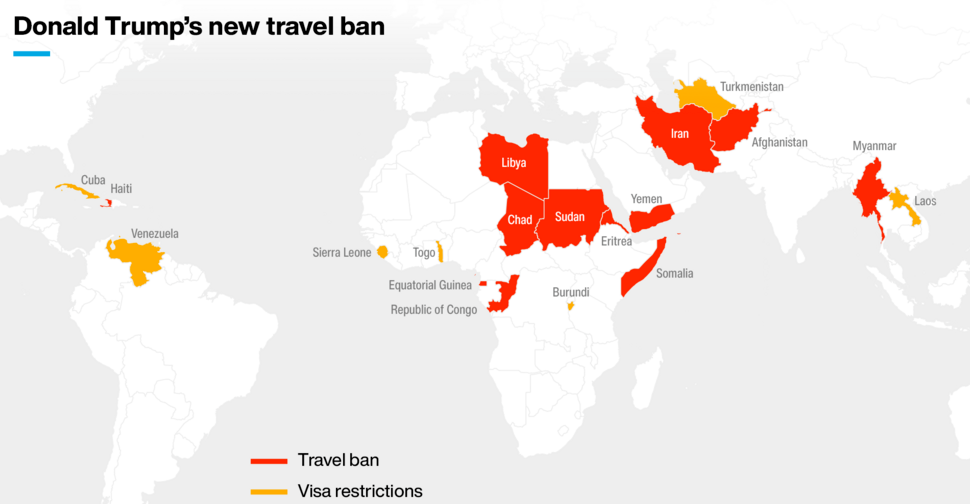
According to Trump, the move stems from national security concerns. For example, he pointed to a flamethrower attack in Boulder, Colorado last Sunday. Although the suspect came from Egypt—a country not included in the ban—he had reportedly overstayed a tourist visa.
As part of a January 20 executive order, Trump directed government agencies to compile a list of countries with “hostile attitudes” and weak documentation standards. He argued that some nations fail to properly screen passports and also refuse to repatriate deported citizens.
In response, several governments reacted with swift disapproval. For instance, Chad’s President Mahamat Déby Itno announced that U.S. citizens would no longer be granted visas to enter his country. He justified the decision on the basis of reciprocity.
In a Facebook post, Déby wrote, “Chad has no planes to offer, no billions of dollars to give but Chad has its dignity and pride.” His remark subtly referenced a Boeing 747 aircraft allegedly gifted to Trump by Qatar to use as Air Force One.
Meanwhile, other African countries expressed more cautious optimism. Chernor Bah, the Information Minister of Sierra Leone, said his country intends to cooperate with U.S. authorities to resolve the concerns raised by the White House.
The list largely mirrors Trump’s original travel ban introduced in 2017. That version sparked immediate confusion and mass protests, particularly because it launched without notice. Eventually, after several legal battles, a restructured version gained approval from the Supreme Court in 2018.
This time, however, Trump appears to be on stronger legal footing. He based his decision on data provided by the Department of Homeland Security (DHS). DHS releases annual reports that track visa overstays, and Trump focused on eight of the 12 banned countries in his latest order.
Nevertheless, critics argue the criteria are inconsistent. For example, Djibouti had a 23.9% visa overstay rate in 2023 among business travelers and tourists—higher than several countries now on the banned list. Yet Djibouti was excluded from restrictions.
As Doug Rand, a former official at U.S. Citizenship and Immigration Services, put it, “This policy is based on sketchy data and a misguided concept of collective punishment.”
In Venezuela, President Nicolás Maduro quickly condemned the measure. His administration accused the U.S. of “stigmatizing and criminalizing” Venezuelans. Furthermore, the official statement described the decision as an expression of “visceral hatred” by those now shaping U.S. foreign policy.
Read More:
- Israel Bombs Beirut’s Southern Suburbs in Escalation Ahead of Eid al-Adha
- Why Are the US and EU Struggling to Reach a Trade Deal?
- Chaos at Liverpool FC Victory Parade as Car Plows Into Crowd, Injuring Over 45
For years, the Trump administration has targeted Venezuelan immigrants. Authorities have alleged, though with limited evidence, that many had ties to the gang Tren de Aragua. This claim has been used to justify mass deportations.
As a result, many Venezuelans feel trapped. For example, Oreebus Gonzalez, a 40-year-old woman in Miami, frequently travels to the U.S. to purchase clothes for resale in Caracas. Although her tourist visa is valid until 2033, she now fears she may be barred from returning.
“It scares me a lot,” she said while waiting for her flight to Caracas. “The fact that you behave well and do the right thing doesn’t matter anymore.”
In Afghanistan, the reaction was equally emotional. Outside the shuttered U.S. Embassy in Kabul, a Taliban security guard named Ilias Kakal said, “America has to cancel it.” His comment reflects growing frustration in a country where thousands once worked alongside U.S. forces.
Although the ban includes an exception for individuals with Special Immigrant Visas, the overall support system for Afghan allies has shrunk. For instance, the No One Left Behind advocacy group says many who served “shoulder-to-shoulder” with the U.S. do not qualify for the SIV program.
Khalid Khan, an Afghan refugee currently in Pakistan, said he worked for the U.S. military for eight years. Now, he feels discarded. “So long as Trump is there, we are nowhere,” Khan said.
Since the Taliban took over in 2021, only Afghans with green cards or foreign passports have managed to enter the U.S. As a result, travel agents say the barriers have grown steeper each year.
Elsewhere, in Libya, government officials expressed disappointment. A spokesperson said Libya had long collaborated with U.S. intelligence services. Therefore, the ban would likely disrupt important joint efforts.
In Cuba, public opinion was divided. At Versailles Restaurant in Little Havana, 75-year-old William Lopez supported the decision. “These people support communism. They don’t want to work,” he said. “What the Trump administration is doing is perfectly good.”
Conversely, many in Miami’s Cuban-American community voiced concern. Civil rights groups described the measure as indiscriminate and harmful. Among the most vocal opponents were the American Civil Liberties Union (ACLU) and the National Immigration Law Center (NILC), both of which plan to file lawsuits.
Additionally, former Secretary of State John Kerry criticized the move in an op-ed. “These bans damage our alliances and don’t make us safer,” he wrote.
Meanwhile, immigration attorneys are bracing for chaos. At John F. Kennedy International Airport in New York, members of the American Immigration Lawyers Association (AILA) prepared emergency legal support stations. They expect a wave of detentions once the ban kicks in.
So far, the White House has stood by the decision. Press secretary Caroline Wendell defended the move, stating, “This is about national security, not nationality.”
At the same time, foreign ministries from Iran, Eritrea, Sudan, and Haiti have sought clarification. They want to know if students, dual nationals, or humanitarian workers might still obtain waivers.
Supporters of the policy argue it enhances public safety. Nevertheless, critics say it sends the wrong message and fosters xenophobia. The diplomatic fallout continues to widen.
Looking ahead, mass protests are being organized in cities like London, Paris, and Toronto. In each, demonstrators aim to challenge what they view as a dangerous overreach of power.
Ultimately, as Trump doubles down on his hardline immigration stance, his second term is shaping up to mirror many of the battles from his first. The travel ban is back—and so is the storm surrounding it.
